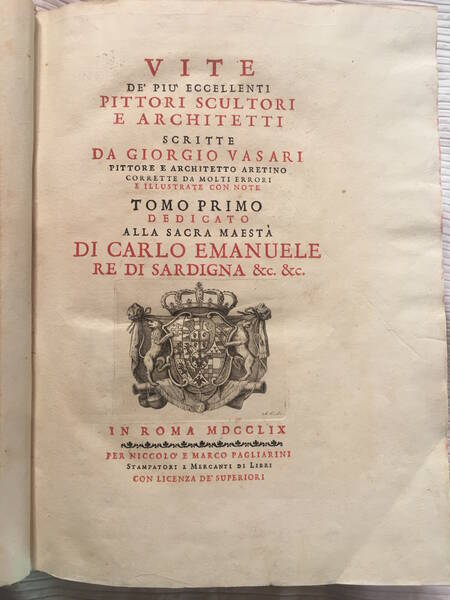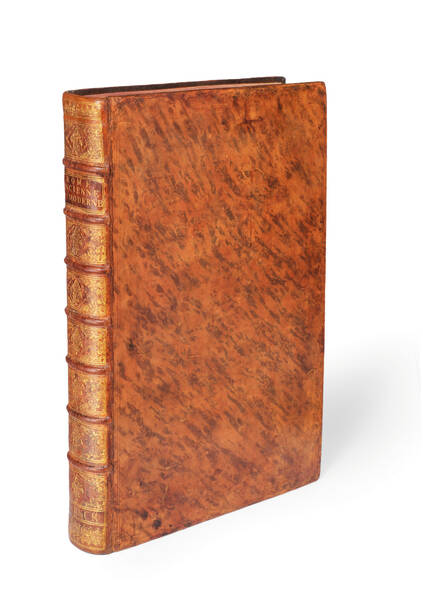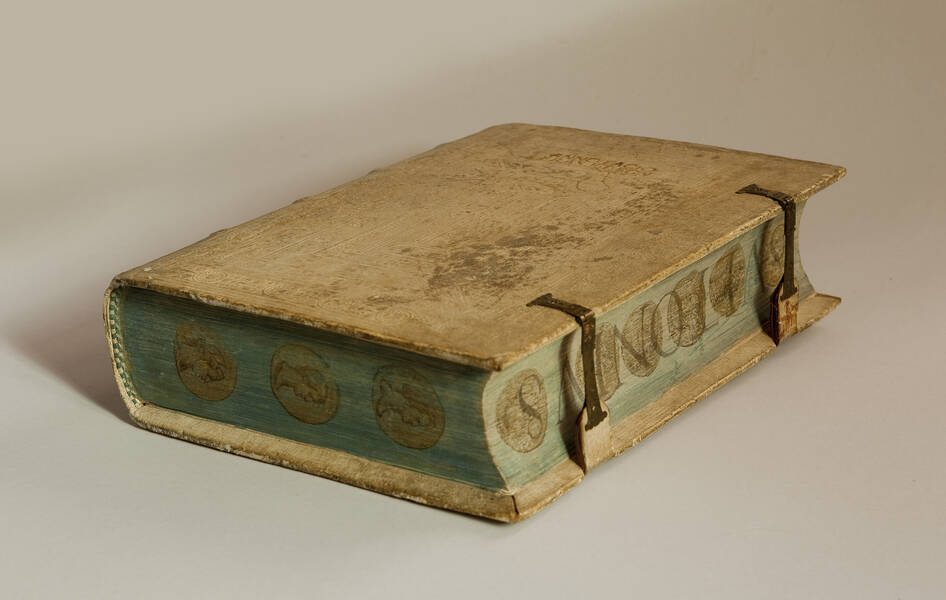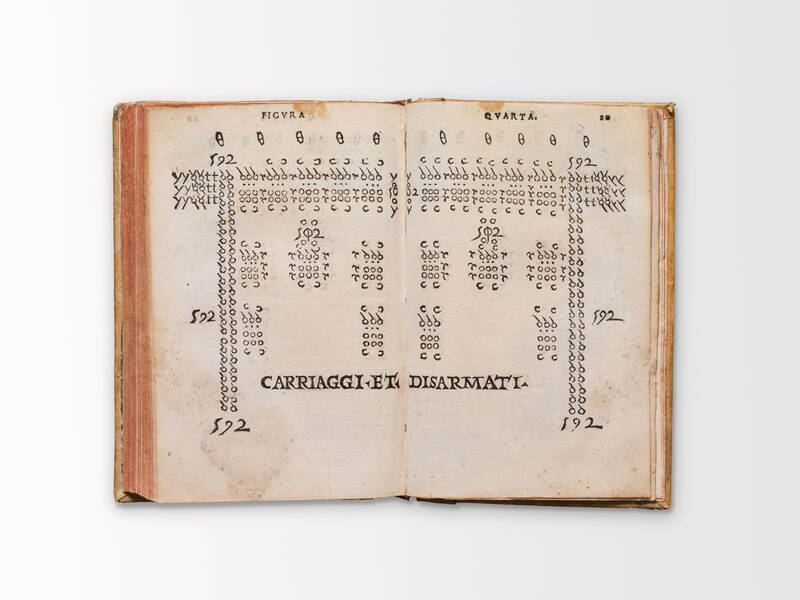MANZONI, Alessandro. I promessi sposi, storia milanese del secolo XVII scoperta e rifatta da Alessandro Manzoni.
Vincenzo Ferrario., 1825 – 1826.Three volumes, octavo (205 x 120 mm.); I: [2] leaves, 352 pages; II: [2] leaves, 368 pages; III: [2] leaves, 416 pagine, plus the errata leaf. Some foxing and browning due to paper quality, a couple of spots but a very fine copy in contemporary half calf, spine in compartments with gilt and blind decorations.
First edition of the most famous novel in Italian literature. Manzoni started work on the novel in 1821 after reading a 1627 Italian edict that specified penalties for any priest who refused to perform a marriage when requested to do so. On 17 September 1823 the first version of the novel was ultimated under the title of Fermo e Lucia ( published only in 1915 by Giuseppe Lesca with the title of Gli sposi promessi). Manzoni then heavily revised it, finishing by the end of August 1825; it was published on 15 June 1827, after two years of corrections and proof-checking. Manzoni's chosen title, Gli sposi promessi, was changed for the sake of euphony shortly before its final commitment to printing. Of this first edition, 1,000 copies were printed by the publisher Vincenzo Ferrario as confirmed by a letter Manzoni sent to Giacomo Beccaria in December 1839: «Della prima edizione posso credere che siano state fatte quaranta edizioni, delle quali una da me, di mille esemplari; le altre posso credere che abbian sommato a 59.000 in numero; il che vuol dire ch'io non ho avuto che la sessantesima parte dei compratori.» The book immediately become a hit in Italy and Europe with more than 80 reprints and caught not only the attention of publishers and printers but also the praises of many illustrious writers of the time such as Mary Shelley, Walter Scott, George Eliot and Charles Dickens. “In the 1830s and 1840s no one who was interested in Italian culture could have overlooked the extraordinary significance of this novel, let alone a novelist like Dickens [In a letter to Samuel Rogers written in Genoa and dated 1
September 1844, Dickens describes his encounter with the novel in a rather enthusiastic fashion: A little, patient, revolutionary officer, exiled in England during many years; comes to and fro three times a week, to read and speak Italian with me. A poor little lame butterfly of a man, fluttering a
little bit at one time, and hopping a little bit at another, and getting through life at some disadvantage, or other, always. If I question him closely on some idiom which he is not in a condition to explain, he usually shakes his head dolefully, and begins to cry. But
this is not what I meant to say just now, when I began to allude to him. He has initiated me in the Promessi Sposi… And what a clever book it is! I have not proceeded far into the story, but I am quite charmed with it. The interviews between the Bridegroom and the Priest, on the Morning of the disappointment – and between the Bridegroom and the Bride,and her Mother – and the description of poor Renzo's walk to the house of the learned doctor; with the fowls – and the scene between them – and the whole idea of the character and story of Padre Christoforo [sic] are touched, I think by a most delicate and charming hand. I have just left the good father in Don Rodrigo's boisterous Eating Hall; and am in no little anxiety. I assure you. ](Letters 4: 189) Besides
I promessi sposi soon became very popular all over Europe: the first edition – to be revised in 1840 – was published in 1827, and the next year two French translations appeared, to be followed by others in the 1830s and 1840s. Charles Swan's The Betrothed, the first English translation, was published in 1828 and was followed in 1834 by Featherstonhaugh's version and by another anonymous one in 1844. Soon the novel became a favourite with intellectuals and writers such as Auguste Comte, Chateaubriand, and Victor Hugo. E. A. Poe enthusiastically reviewed it for the Southern Literary Messenger (1835), while the North American Review devoted a long essay to the novel in 1840. Walter Scott himself, who also expressed the wish to meet Manzoni, is credited to have said that I promessi sposi was his own best novel.” (A. Vescovi, Dickens and Alessandro Manzoni's Promessi Sposi. In A. Vescovi, L. Villa and P. Vita (eds), The Victorians and Italy: Literature, Travel, Politics and Art, 151-167. Monza, 2009.
Parenti, n. 33; Vismara, n. 1; Salveraglio, n. 21.
Other Books
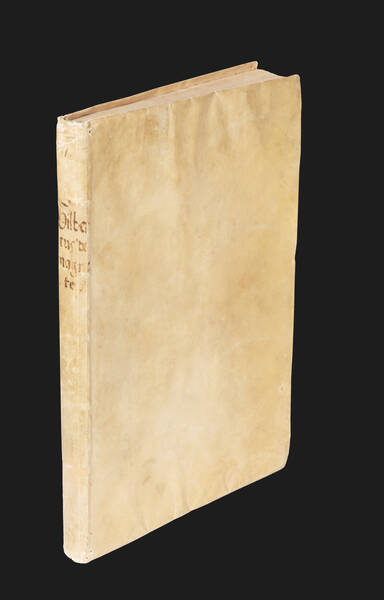
GILBERT, William
De magnete, magneticisque corporibus, et de magno magnete tellure; Physiologia nova, plurimis & argumentis, & experimentis demonstrata.
SOLD OUT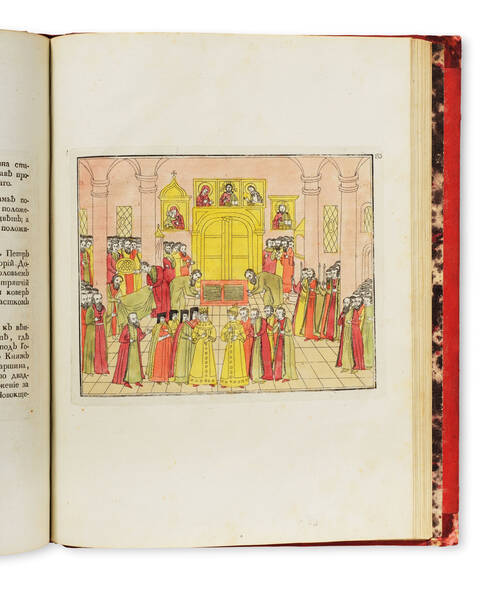
BEKETOV, Platon
Opisanie v litsakh torzhestva, proiskhodivshego v 1626 godu fevralia 5, pri brakosochetanii gosudaria tsaria i velikogo kniazia Mikhaila...
€ 18.000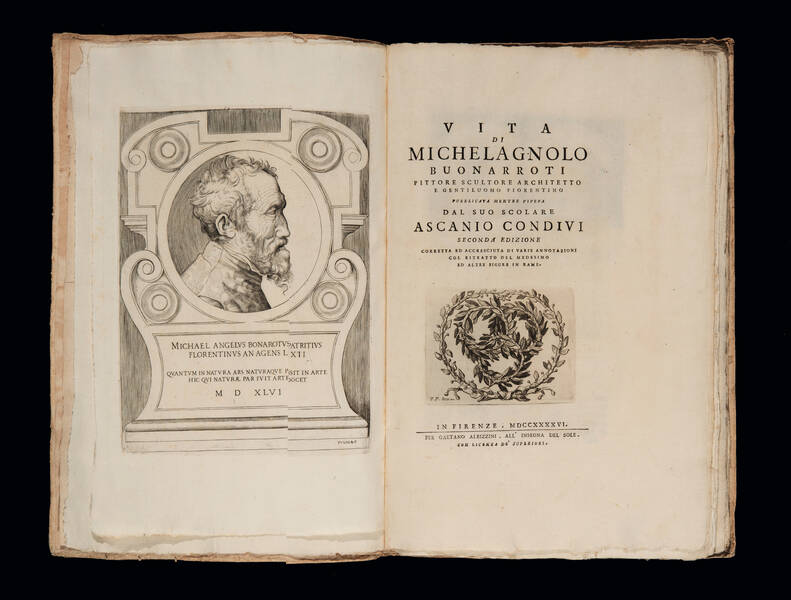
CONDIVI, Ascanio
Vita di Michelagnolo Buonarroti pittore scultore architetto e gentiluomo fiorentino pubblicata mentre viveva dal suo scolare Ascanio Condivi.
SOLD OUT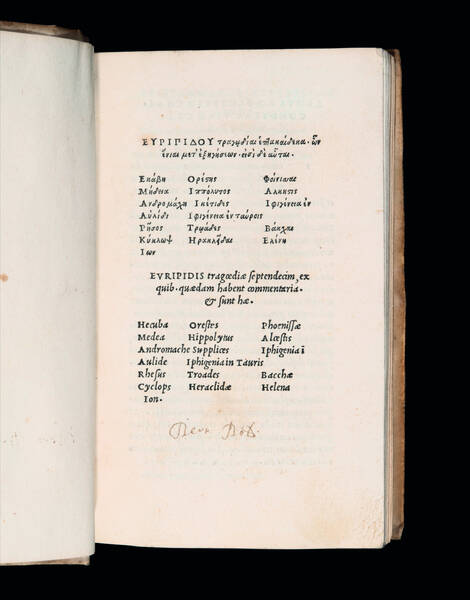
EURIPIDES
Tragoediae septendecim ex quib.quaedam habent commentaria,et sunt hae. Hecuba Orestes Phoenissae Medea Hippolytys Alcestis Andromache Supplices...
€ 29.000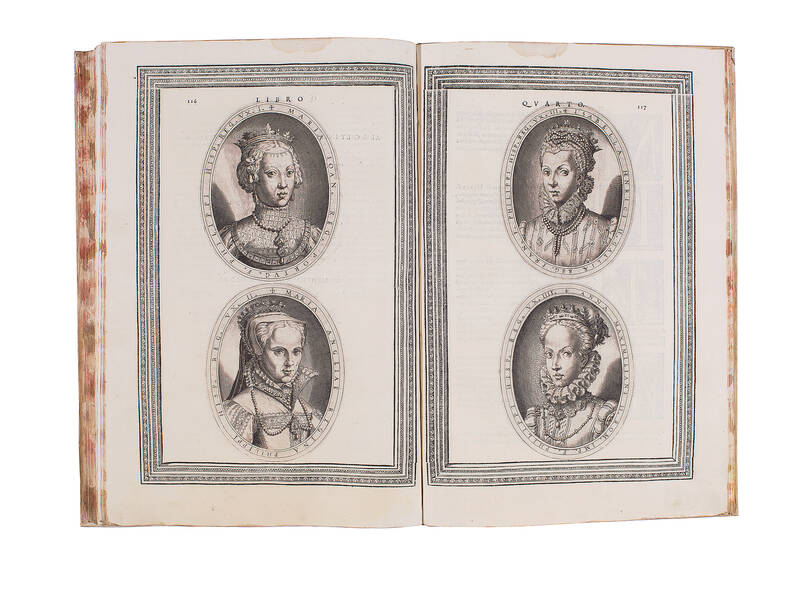
CAMPO, Antonio
Cremona fedelissima città et nobilissima colonia de romani rappresentata in disegno col suo contado et illustrata d'vna breue historia delle cose piu...
€ 15.000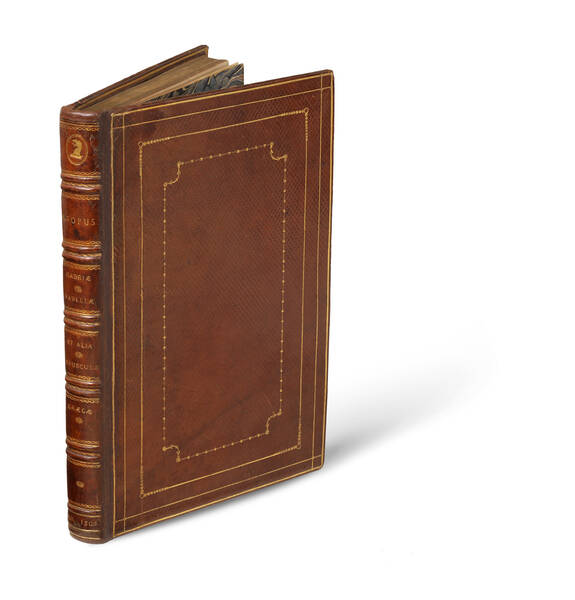
AESOP
Vita & fabellae Aesopi cum interpretatione Latina ... Gabriae Fabellae tres & quadraginta ... Phurnutus seu, ut alii, Curnutus De natura deorum....
€ 36.000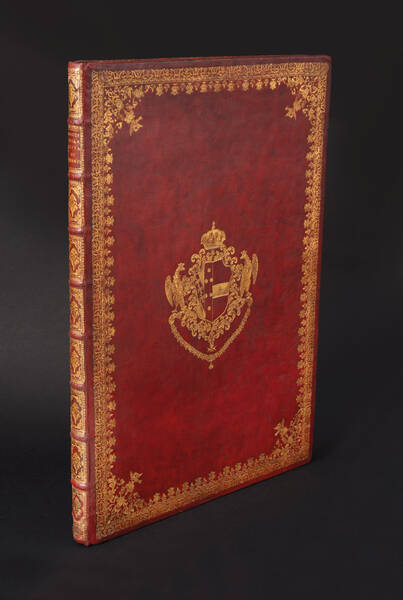
ZOCCHI, Giuseppe
Scelta di XXIV vedute delle principali contrade, piazze, chiese, e palazzi della citta di Firenze.
€ 45.000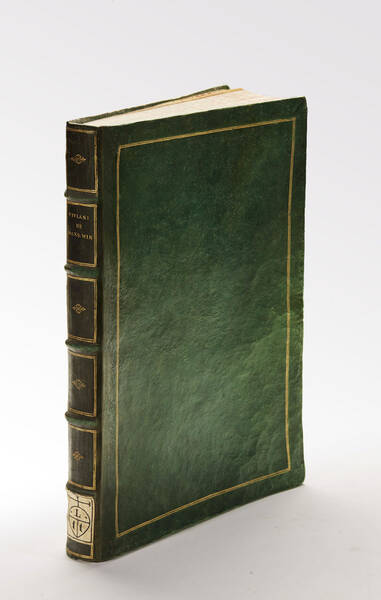
VIVIANI, Vincenzo
De maximis et minimus geometrica divinatio in quintum cononicorum Apollonii pergaei.
€ 8.000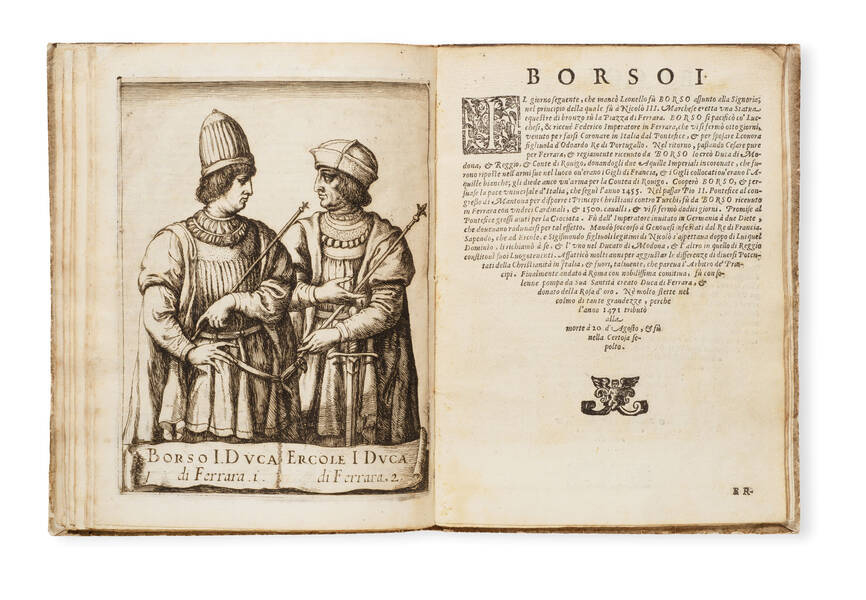
CARIOLA, Antonio; DOINO, Caterino
Ritratti de ser.mi Principi D’Este sig.ri di Ferrara con l’aggionta de loro fatti più memorabili ridotti in sommario.
SOLD OUTMEDA RIQUIER rare books ltd.
4 Bury Street St James's
SW1Y 6AB London
Phone +44 (0) 7770457377
info@medariquier.com
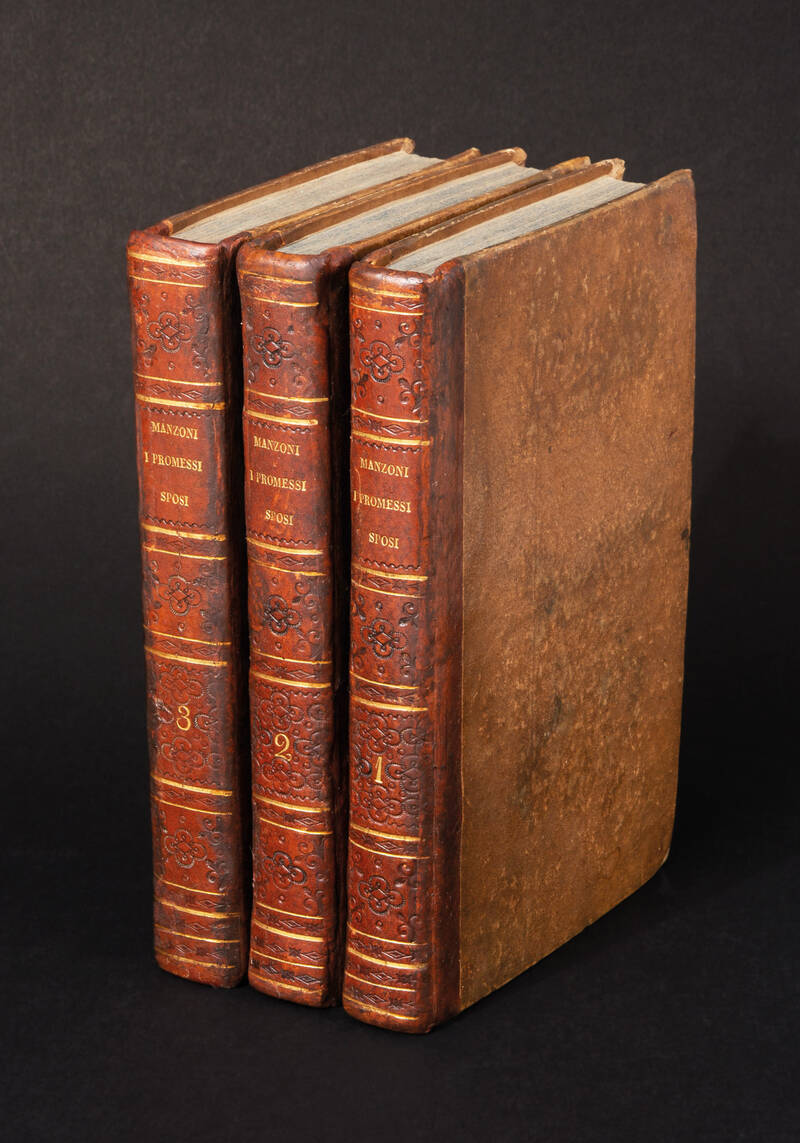
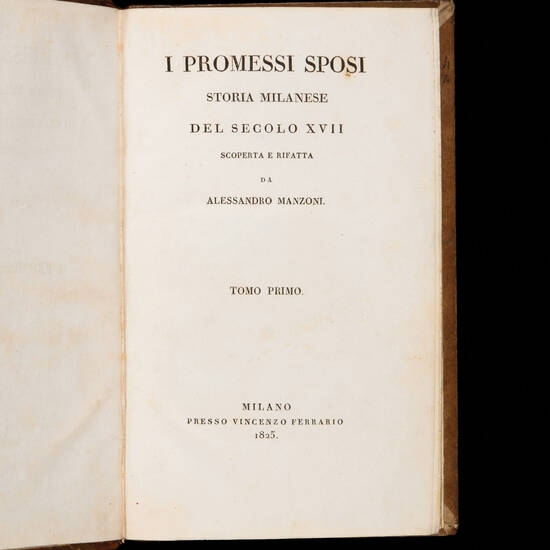
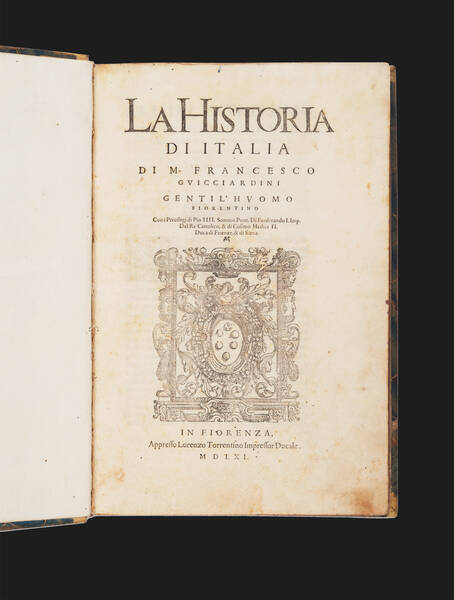
![[Life of the Virgin Mary] [Life of the Virgin Mary]](https://www.medariquier.com/typo3temp/pics/cbb0f7a08f.jpeg)
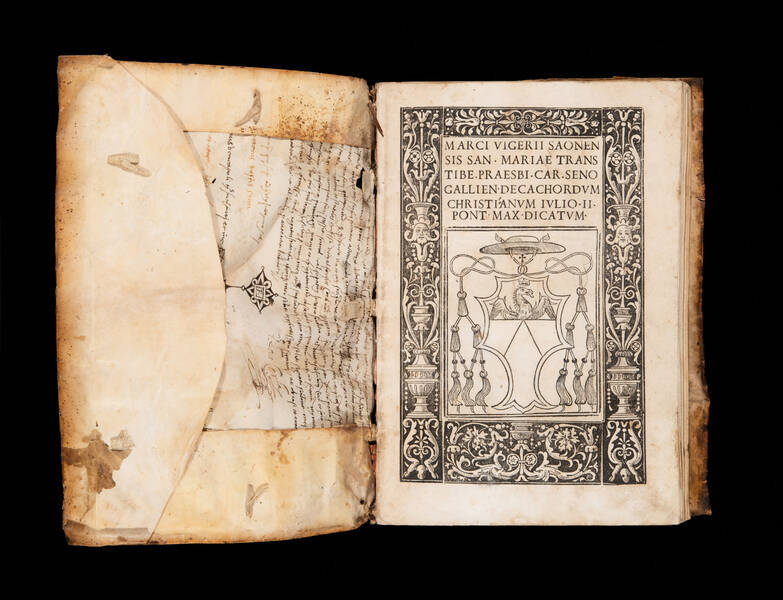
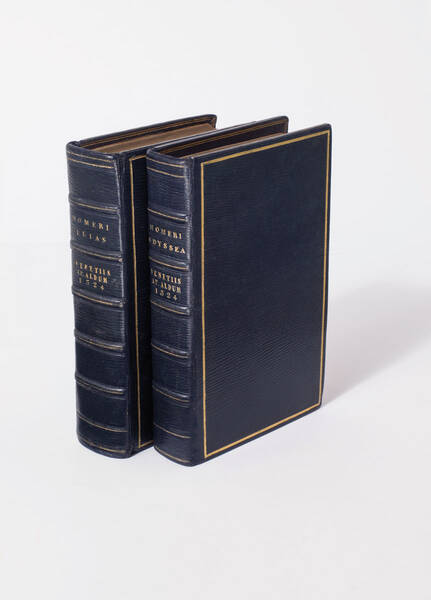
![Opera posthuma [Compendium grammatices linguae hebraeae]. Opera posthuma [Compendium grammatices linguae hebraeae].](https://www.medariquier.com/typo3temp/pics/9e46dbc214.jpg)
